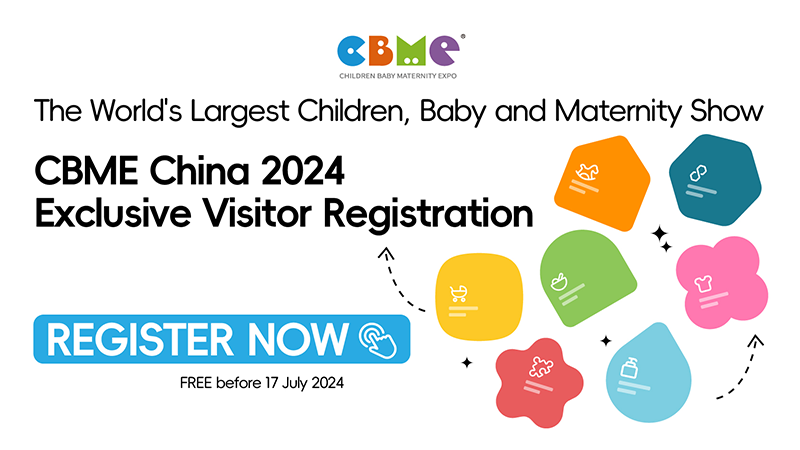What makes a good mom or dad? Not even the people in a single family can agree — but within that disagreement, there is valuable information, new research finds.
For instance, a little bit of self-criticism by parents (though not too much!) might be good for kids; coming off as very lenient in your children's eyes, on the other hand, may be a sign of trouble.
For psychologists studying family dynamics and child development, the new finding that disagreements can be meaningful is important, said study researcher Thomas Schofield, a psychologist at Iowa State University. In any relationship, people don't always see eye-to-eye, Schofield told Live Science. But when psychologists survey parents, kids and teachers about each other, researchers struggle to account for answers that don't match up, which could lead to throwing out useful information.
"We were assuming that only the information that shows up across every single [observer] is to be trusted, but that's not really how we behave in real life," Schofield said. [9 Weird Ways Kids Can Get Hurt]
Who's to judge a parent?
Schofield and his colleagues titled their paper, published online April 14 in the Journal of Family Psychology, "Optimal Assessment of Parenting, or How I Learned to Stop Worrying and Love Reporter Disagreement." Reporter disagreement is a problem that haunts parenting researchers: It turns out that parents, children and outsiders frequently disagree about whether mom and dad are harsh or warm, and whether kids are happy or not.
"People don't really know how to handle it," Schofield say. Researchers might try to subtract one response from another, assuming the truth is somewhere in the middle, or just pick one survey respondent to focus on — say, looking for correlations between outcomes for a child and a psychologist observer's impressions of the child's parents, and ditching the data coming from the child and the parents themselves. This is a big problem given psychology's current replicability crisis, Schofield said: If researchers have a lot of wiggle room to analyze their data in different ways, it's often tempting to pick the one that gives the flashiest results.
So in the new study, Schofield and his colleagues delved deep into the statistical weeds, looking for ways to pull together the disparate opinions coming from kids, parents and outside observers. They found consistent patterns in two samples of kids, one of 241 5th-graders in Riverside, California, and one of 949 fifth-graders from a National Institute of Child Health and Human Development study.
Differing opinions on parenting
When parents rated themselves very high in warmth and very low in harshness toward their children, child depression and loneliness scores went up, despite the fact that high warmth and low harshness should be good for kids, the researchers found. This is probably a sign that parents who give themselves top marks aren't being honest, Schofield said. [The Drug Talk: 7 New Tips for Today's Parents]
"When parents lie and say 'Yeah, I'm awesome,' when they have that self-enhancement, that's not good for kids," he said.
On the other hand, parents who rated themselves as less warm had kids with higher self-worth, the researchers found. This isn't a sign that self-flagellation by parents is good for kids, Schofield said, but it might reveal that self-reflection is.
"You want parents to have self-efficacy and you want parents to believe in themselves, to believe they're doing an okay job, but at the same time you want people who are open to feedback," he said. "My guess is these are parents where someone is sitting down and asking [if they're harsh] and they're able to go, 'Well, hm, sometimes I am.'" [5 Ways to Foster Self-Compassion in Your Child]
The researchers also found that when kids rated their parents as very accepting, the kids were also likely to show high levels of misbehavior, as reported by their parents. These kids might be those who are troubled and are coping with avoidance or denial, Schofield said, or they might be particularly aggressive and thus blasé about disapproval from their parents.
All of these results need to be replicated in future work, Schofield said, but he hopes the statistical method he and his colleagues developed to explain the gaps in ratings will help other researchers conduct better studies of parenting.
"Hopefully people will go back to their own data, try this same procedure out, say, "Oh you're right this variation accounts for additional information… [and] the field can move past this quagmire it's been stuck in," he said.
resource: cbsnews






